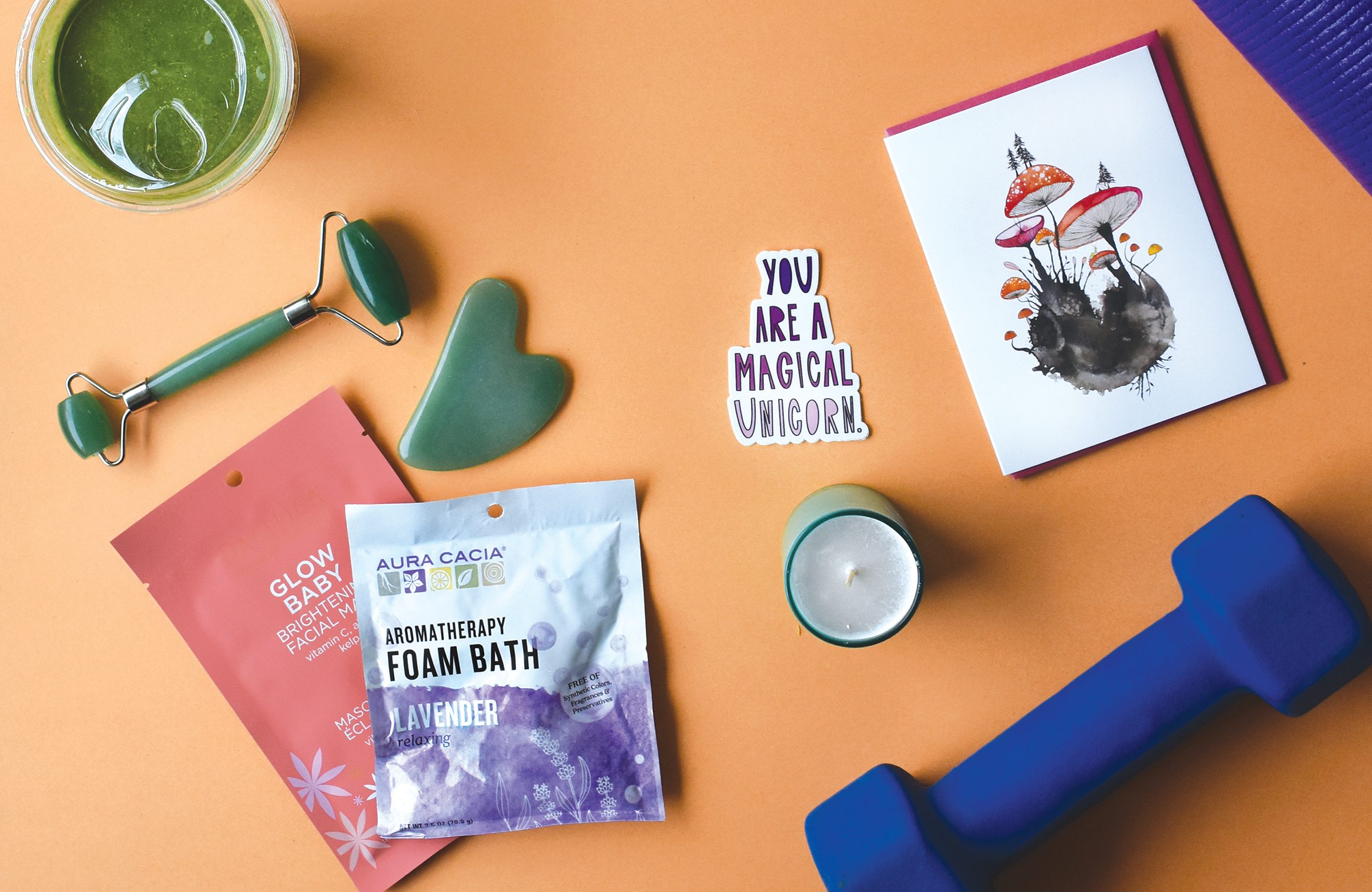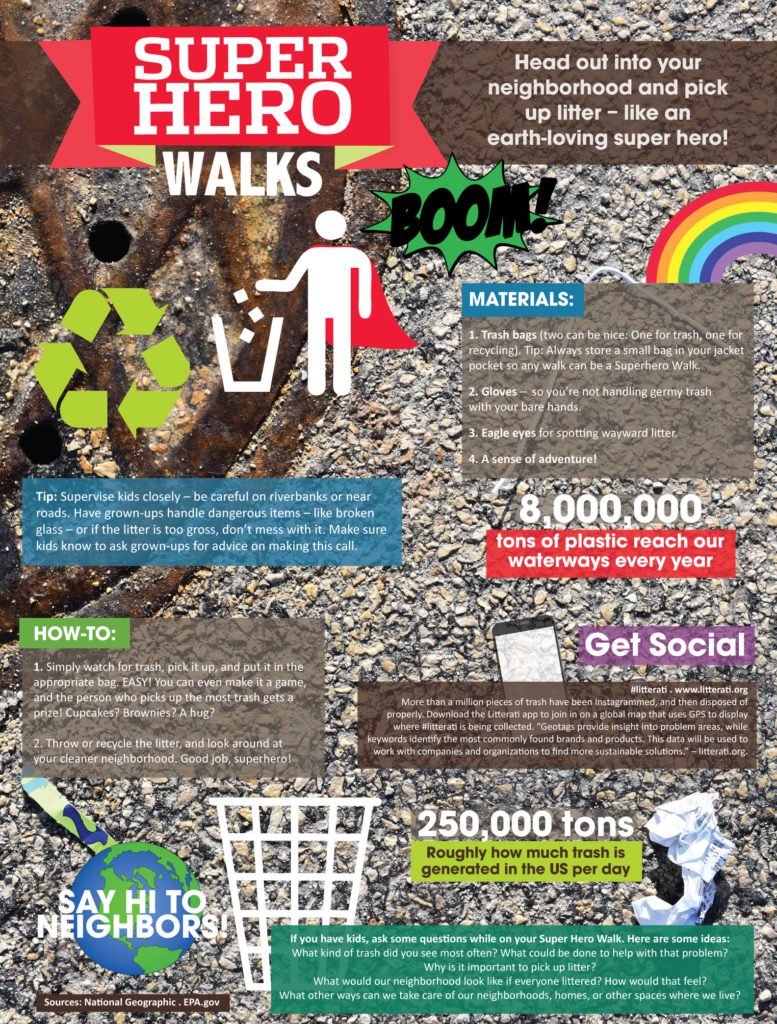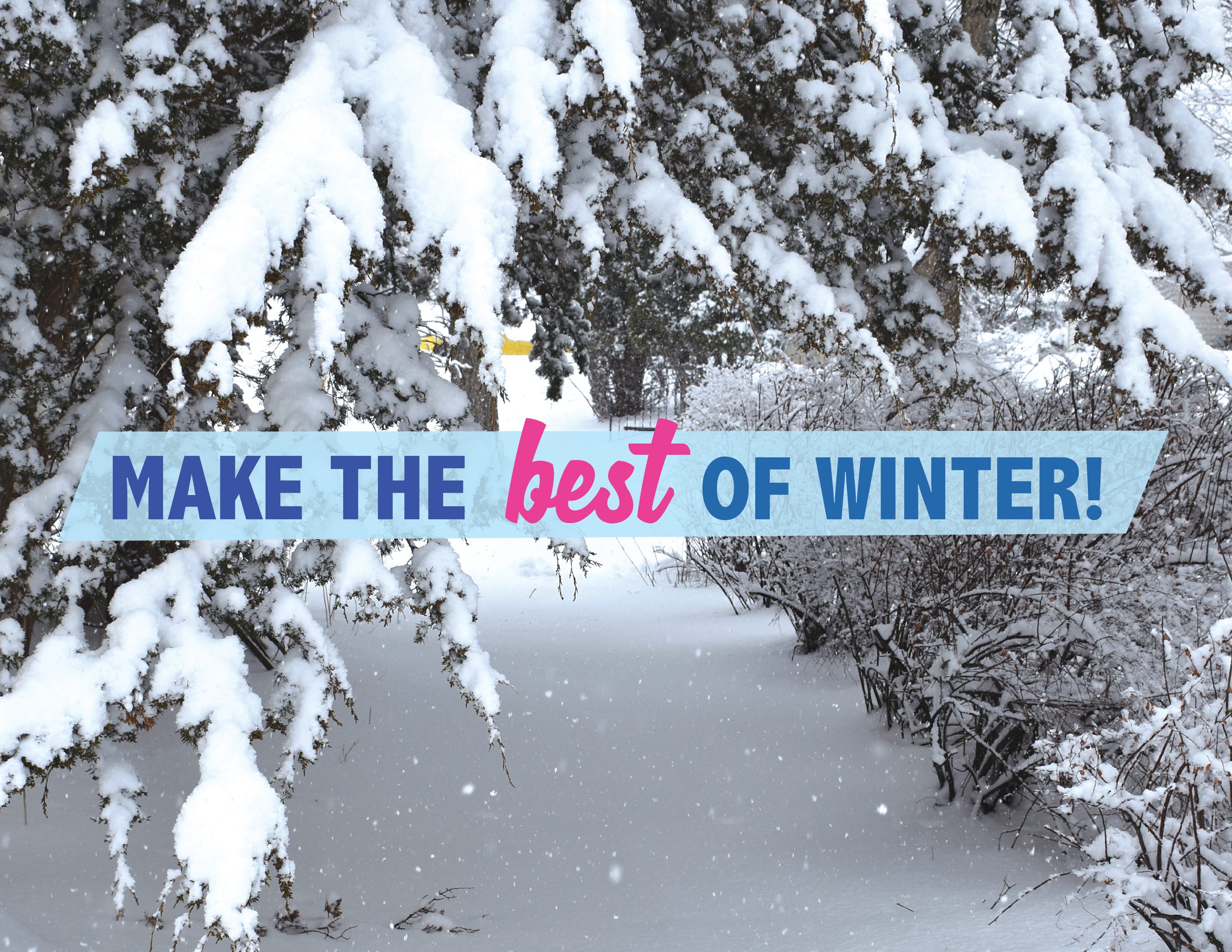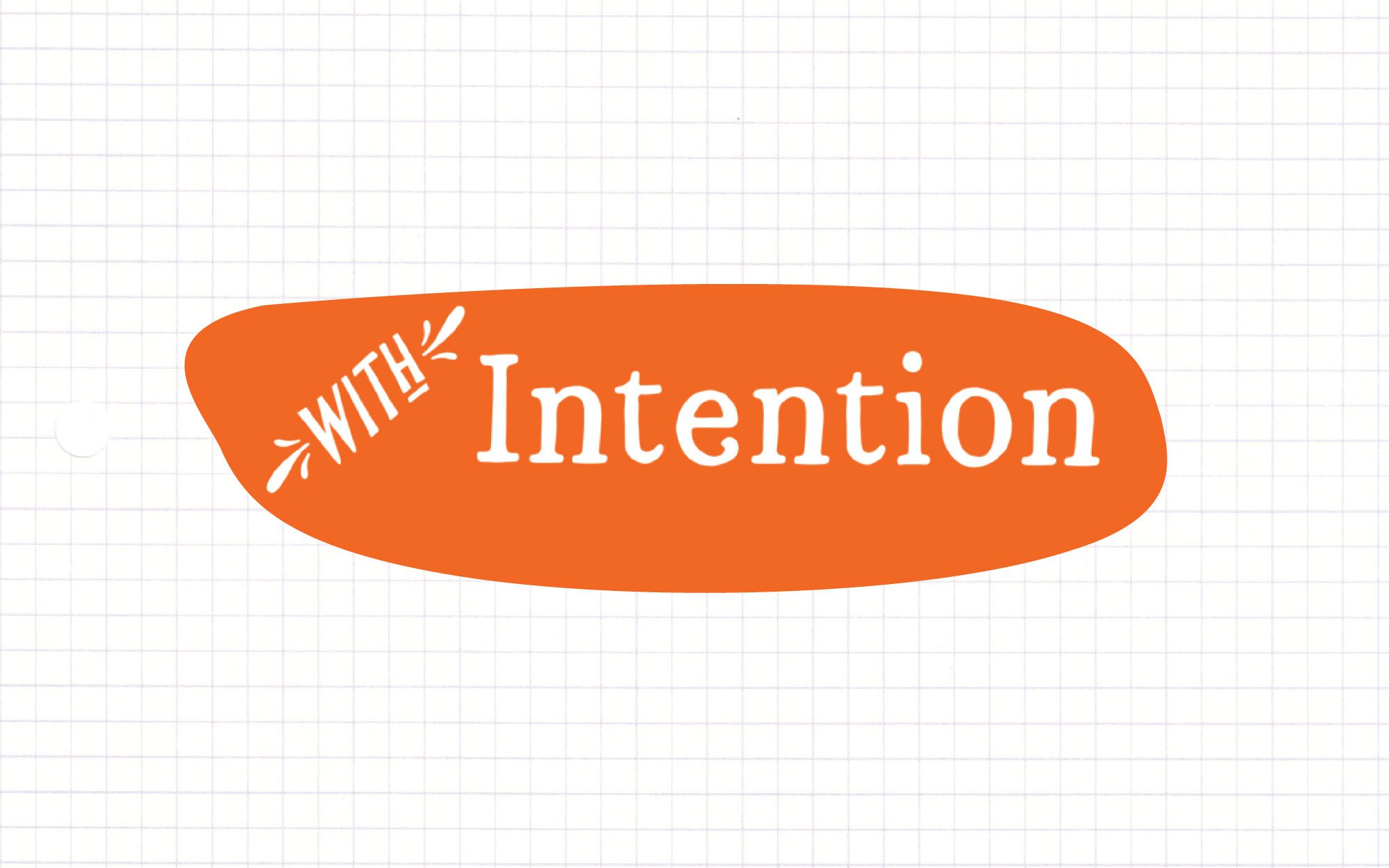What’s a Food Hub Anyway?
‘Fresher is Much Finer’
Story and infographic by Aryn Henning Nichols
Making sure it’s fresh is not just a fish thing any more. Actually, it hasn’t been in a long time. Like ever.
Folks with discerning palates across the world have always known that with food – any food – fresh is best. Lucky for all of us, food hubs – like the Iowa Food Hub based in Decorah, Iowa – are making fresh food an easier option.
“If Chicago can get something that was picked here today the very next day…that’s a big deal,” says Chair of the Iowa Food Hub Board Nick McCann. “Everything in our program is picked, packed, and delivered in the course of a couple of days.”
That really is a big deal.
Many small-to-mid-size farmers and producers face challenges in distribution and processing. This is generally due to a lack of infrastructure that, if in place, would help these producers to meet the rising demand for local food in retail, institutional, and commercial markets. That’s where food hubs come in.
“We facilitate market connections that producers couldn’t make otherwise,” McCann says.
Food hubs offer a variety of services: from the obvious combining of your products with others for mass sales (called aggregation) to production, distribution, and marketing services.
“You can do one, maybe two things well. You have to grow, harvest, and market your crops. Those are three large, intense things. And it’s too much for a lot of growers,” McCann says. “A lot of people worry that we’ll be taking all their profits, but after working with us, they realize our fees aren’t that much – especially for what we can do for them.”
And what is that, exactly? Well, through food hubs, retailers can buy locally but still know it’s source-verified. Food hubs can also act as umbrellas for liability insurance, which is incredibly helpful for the “little guy”. But the biggest part is that food hubs do the legwork on virtually all of a producer’s resale needs – finding retailers, educating them on your products, making sure those products are properly handled from shipment to store, and ensuring fair and competitive pricing that will bring customers back, especially once they taste the quality of their purchases.
That’s the kicker: Quality. Food hubs are sourcing things locally, and many assume local products will cost more than, say, bulk tomatoes from California. But, surprisingly, it can actually be more economical! And, unlike what you’d expect, the savings don’t really come from shorter shipping distance. The real savings to retailers is on shrinkage. They’re not losing products to over-ripeness or rot when the produce is that fresh.
“What’s the “real” cost of those tomatoes from California when you lose seven percent right off the bat?” McCann says. “We’re working to convince retailers it really is a win-win.”
The additional bonus is that more folks get exposed to local products – in the Iowa Food Hub’s case, Iowa and Driftless Region products. It’s the final link that keeps everyone growing together, pun intended.
The Iowa Food Hub buys from anyone – organic, conventional, agricultural – in its 150-mile radius, although most of the producers are based in or near Northeast Iowa. Iowa Food Hub, just one year old this spring, is the largest in Iowa.
“There are just so many farmers and producers in this region, it’s not surprising that we’ve grown fast,” McCann says. “We saw a need here, and a role for an entity to play.”
Check out the food hub infographic below or download a printable pdf to learn more about how it all works, and works for us!
Aryn Henning Nichols is a big fan of “work smarter, not harder.” This seems to be a big proponent of food hubs, and she thinks that is pretty darn cool.
PLUS! Check out the Iowa Food Hub’s Grocery Subscription Program
The Iowa Food Hub offers services not only to producers and retailers, but also to consumers in the form of a grocery subscription program. The “food box” program delivers local, fresh food each week to worksites, schools, or churches that have signed up for a subscription. It currently includes weekly delivery to stops in Dubuque, Cedar Rapids, Iowa City, and Waterloo/Cedar Falls.
Using local products in the food boxes keeps money in our communities and allows folks to enjoy and get exposed to more of what this region has to offer.
Iowa Food Hub includes both farmers who grow the products, and processors who turn raw agricultural products into usable goods. As such, the food boxes include meat, milk, eggs, yogurt, produce, breads, and more.
Iowa Food Hub offers a Grocery Subscription Program that delivers local, fresh food to worksites, schools, or churches that have signed up for a subscription. Learn more at iowafoodhub.com.












